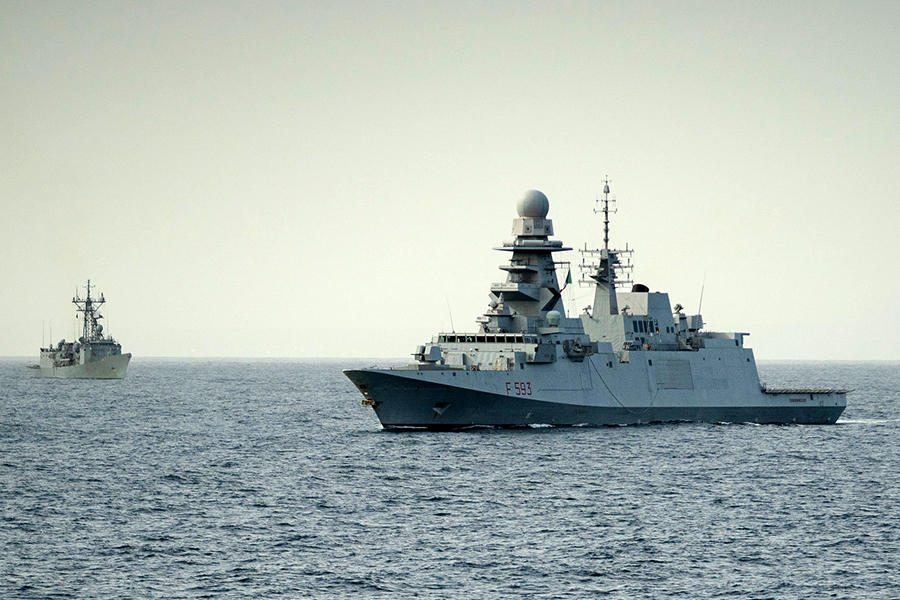NATO Conducts First-Ever Simulation of Conflict with Russia in the Baltic Sea

Massive maritime exercises called Northern Coasts are set to commence in the Baltic Sea, involving around 30 ships and over 3,000 military personnel from Western nations. For the first time, they will practice responding to a potential Russian incursion in the region, as disclosed by Vice Admiral Jan Christian Kaack, the Chief of the German Navy.
This development has been reported by Reuters.
"We are sending a clear message to Russia about our vigilance: nothing will go unnoticed. Effective deterrence includes the ability to strike," Vice Admiral Kaack stated during a press conference in Berlin.
The Northern Coasts exercises are scheduled to begin on September 9 and will span two weeks. Military personnel from all NATO countries with access to the Baltic Sea will participate, along with Sweden, the United States, Canada, the Netherlands, Belgium, and France. One of the exercise priorities will be ensuring the security of maritime routes through the Baltic Sea, particularly those passing near the coastlines of Latvia and Estonia.
"Finland and the Baltic states are almost 100% dependent on maritime supply routes through the Baltic Sea," noted Kaack. "If Russia were to block the Suwalki Corridor — which can be easily done since it has only two roads and one railway line — we would have only maritime routes left, and those would be our only option," he added. The Suwalki Corridor, a narrow land passage of approximately 65 kilometers (40 miles), connects the Baltic states to Poland and is a strategically vital NATO territory in Europe.
The maneuvers will involve amphibious operations, including naval assaults and landings. To facilitate this, the United States has deployed the USS Mesa Verde, an over 200-meter-long dock landing ship designed for the transportation and landing of around 800 Marines.
This year, Finland joined NATO, and it is expected that Sweden's application for membership will soon be approved. Both actions were responses to Russia's aggression in Ukraine. These developments have fundamentally altered the strategic landscape along the Baltic Sea, where most coastlines had remained neutral since the time of Napoleon, with the exception of Russia's small territorial holdings. Soon, the entire coastline will be within NATO's membership.
Northern Coasts represents the first exercise of this scale to be commanded from Germany's new naval headquarters in Rostock. Germany aims to offer this facility to NATO as a regional maritime command center capable of managing alliance operations in the Baltic Sea in the event of a conflict, and expects a positive response from the alliance in the near future.